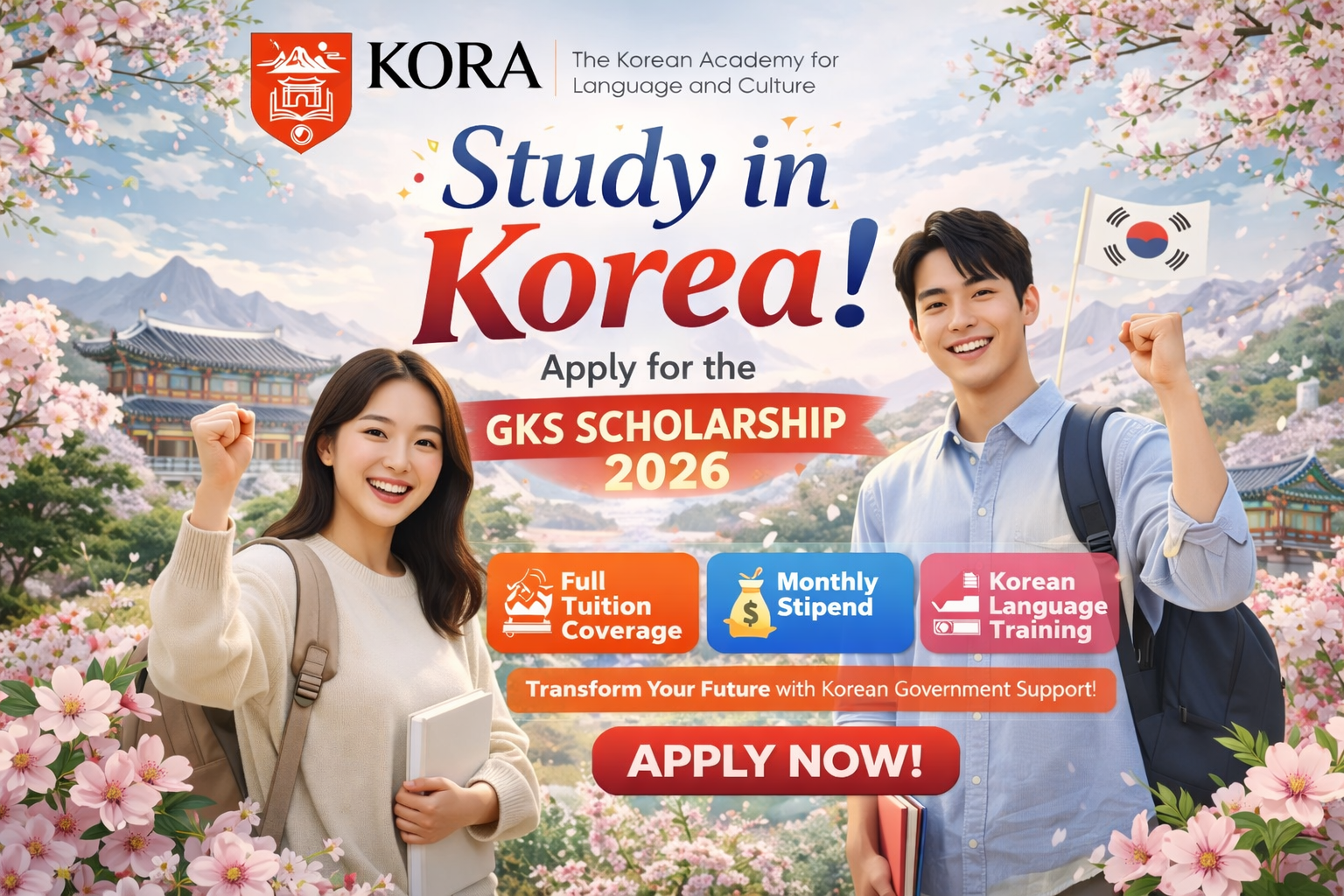South Korea’s Multicultural Acceptance Survey, conducted every 3 years since 2012 has been a benchmark for evaluating societal change and is used for policy making and multicultural integration.
The Ministry of Gender Equality and Family published a study assessing Korean’s attitude towards multiculturalism using data like immigrant bias levels,multicultural engagement willingness, and cultural openness. The research was conducted on a total of 11,000 participants : 6000 adults between the age 19 to 74 and 5000 middle and high school students.
As a part of the government's efforts to develop effective plans this research is conducted every three years. This year’s results showcased a notable shift. Korean adults' average multicultural acceptance score rose from 53.38 out of 100, up from 52.27 in 2021. Marking an upward movement in 9 years, signaling a potential turning point in societal attitude.
While on one hand adult acceptance scores showed slight improvement there was a decline in youth metrics, middle school students scored 71 points compared to high schoolers at 68.52. This shows an established pattern where acceptance reduces gradually with age. Adults in their 20s showed the highest acceptance rate (55.44), while those in their 60s and above trailed significantly less (51.14).
The research also identified interpersonal interactions as a decisive factor. Participants with regular multicultural interaction scored higher, underscoring how more than age lived experience shaped perception.
The study also revealed that youth who participated in activities like volunteering with immigrant communities or multicultural programs have a significant impact on improving multicultural acceptance rather than formal education alone. The public sentiment towards immigrants was largely favourable, 78% adults believed immigrants help address labour shortage, 65% believed they benefit the national economy and 55% believe they enrich cultural diversity.
The Ministry of Gender Equality and Family plans to prioritize real-world engagement rather than passive education alone and integrate interactive social strategies. A government official stated that fostering citizen-immigrant interaction is critical and key to building an inclusive society.
- Reported by Samruddhi Poojary
Intern at The Korean Academy
Korean news analysis and reporting


